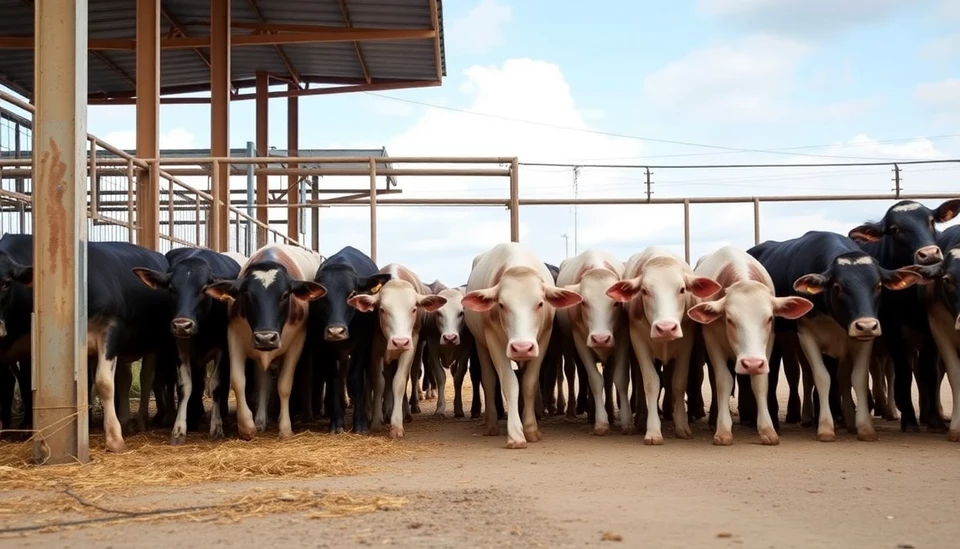
In a strategic pivot, Thai feed mills are gearing up to import up to $2.8 billion of crops from the United States. This move comes amid rising concerns over trade tariffs that could impact their supply chain. The increasing demand for raw materials has prompted manufacturers in Thailand to look beyond domestic sources, signaling a potential shift in the global agribusiness landscape.
Following a period of elevated feed prices, exacerbated by challenges in local farming, Thai producers are keen on securing a consistent supply of essential ingredients such as corn and soybeans from American agricultural markets. The Thai government has been actively promoting agricultural investments, which has further encouraged feed mills to explore foreign markets to mitigate risks associated with fluctuating prices and potential domestic shortages.
In recent years, trade tensions and tariff disputes between the United States and other nations have created a complex landscape for imports. Thai feed mills are now navigating these uncertainties as they evaluate the potential benefits of sourcing from the U.S. While tariffs could substantially increase costs, many manufacturers believe that the quality and reliability of American crops may outweigh these risks. Industry analysts suggest that if tariffs do escalate, Thai feed mills may need to recalibrate their purchasing strategies to maintain competitive pricing for their end products.
As they contemplate sourcing from the U.S., feed mill operators are also examining domestic alternatives and regional suppliers to diversify their operations and reduce reliance on any single market. This multifaceted approach includes not only U.S. crops but also regional competitors that may provide cost-effective solutions without the complications of trade tariffs.
Overall, the decision to import significant volumes of U.S. crops underscores the dynamic nature of the global agricultural market, where supply chain efficiency, cost management, and product quality are increasingly interconnected. The Thai feed industry's emphasis on securing reliable and high-quality inputs reflects larger trends in global agribusiness as producers adapt to an ever-changing economic climate.
This situation will be monitored closely, as any policy changes or shifts in trade relationships could have far-reaching implications for both Thai manufacturing and global agricultural markets.
Hashtags:
#ThaiFeedMills #Agribusiness #TradeTariffs #USCrops #GlobalSupplyChain #AgriculturalInvestment
Author: John Harris




